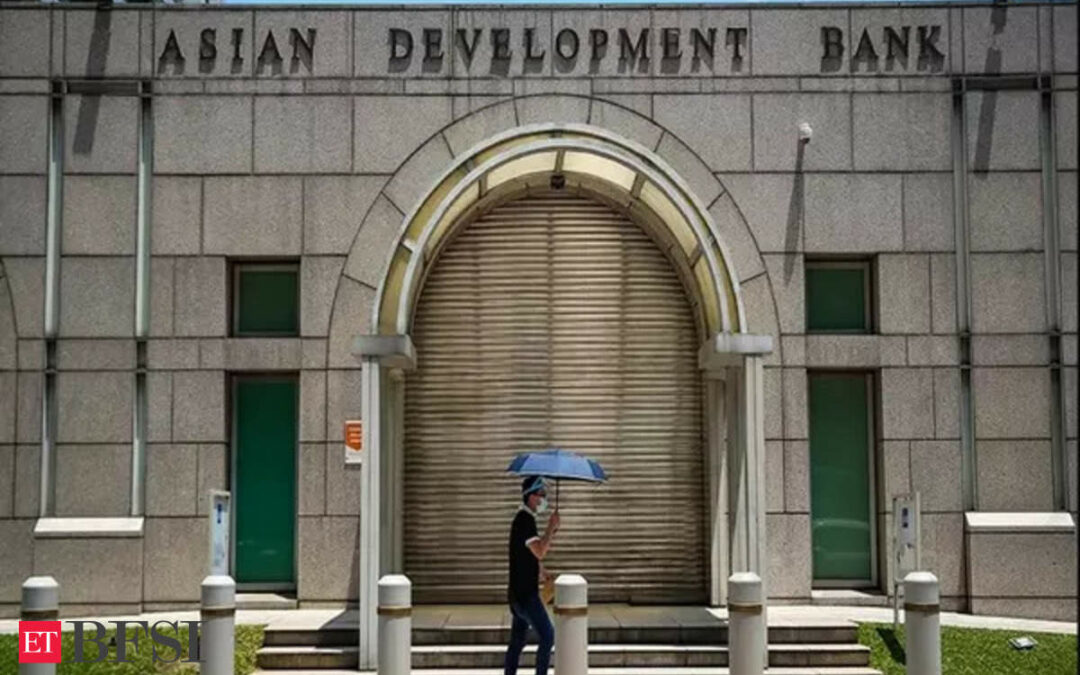The European Union’s (EU) forthcoming Carbon Border Adjustment Mechanism (CBAM) is anticipated to yield only marginal reductions in global carbon emissions while modestly affecting trade flows, particularly in Asia and the Pacific, according to a recent study by the Asian Development Bank (ADB).
CBAM, slated to be operationalized in 2026, will entail import levies on carbon-intensive goods like steel, cement, and electricity, determined by the embedded carbon dioxide emissions in their production processes.
The primary aim of these charges is to counteract “carbon leakage,” wherein industries relocate production from regions with stringent emission regulations or higher carbon prices to areas with laxer rules or lower prices.
However, the ADB’s statistical modeling suggests that CBAM’s impact on curbing global carbon emissions is forecasted to be marginal, reducing emissions by less than 0.2 per cent compared to an emissions trading scheme featuring a carbon price of 100 euros ($108) per metric ton without any carbon tariffs.
Simultaneously, these charges may lead to a decrease of about 0.4 per cent in global exports to the EU and a 1.1 per cent reduction in Asia’s exports to the EU, while also adversely affecting certain manufacturers within the EU, as per the findings of the Asian Economic Integration Report (AEIR) 2024 released recently.
ADB’s Chief Economist, Albert Park, emphasized, “The fragmented nature of carbon pricing initiatives in terms of sectors and regions covered, including CBAM, can only partially limit carbon leakage. To significantly reduce carbon emissions globally, while also making sure climate efforts are more effective and sustainable, carbon pricing initiatives need to be extended to other regions outside the EU, especially Asia.”
He stressed the need to expand carbon pricing initiatives beyond the EU to achieve substantial global emissions reductions, especially in Asia.
The report further highlights the disproportionate impact of CBAM and the EU’s emissions trading system on Asian sub regions, particularly Central and West Asia, due to their higher shares of carbon-intensive exports to Europe.
Recognizing the expected distributional effects, particularly on developing economies in Asia, the report advocates for incentive mechanisms to promote widespread adoption of carbon pricing.
In addition to assessing the carbon tariff’s implications, the report proposes strategies to decarbonize international trade and global value chains.
It recommends targeted policies to foster trade in climate-friendly goods and services, support environmental regulations and standards, facilitate the transfer of green technologies, and promote investments in green infrastructure.
Despite concerns about global value chain fragmentation, the report notes that Asia’s global value chains have rebounded well post-COVID-19.
While regionalization of these chains has progressed, there are no discernible signs of significant reshoring in Asia or globally, underscoring the region’s continued importance in global trade dynamics.
Overall, the AEIR 2024 underscores the importance of coordinated efforts to combat climate change and promote sustainable trade practices globally, urging policymakers to adopt comprehensive strategies to address emissions and trade challenges effectively. (ANI)











